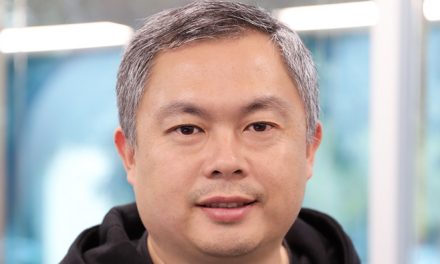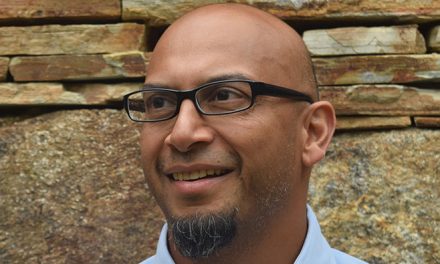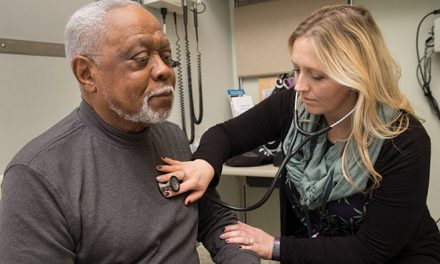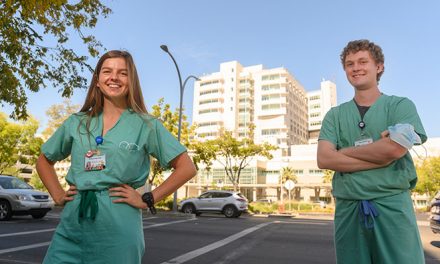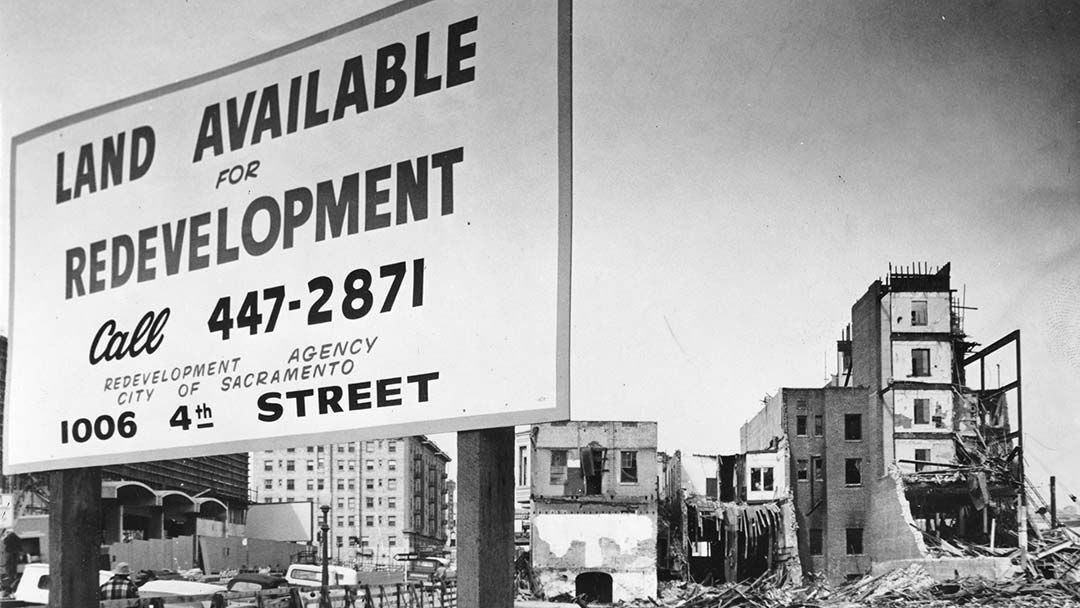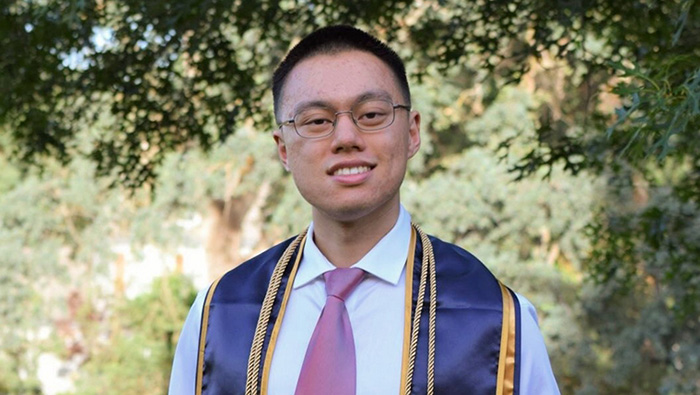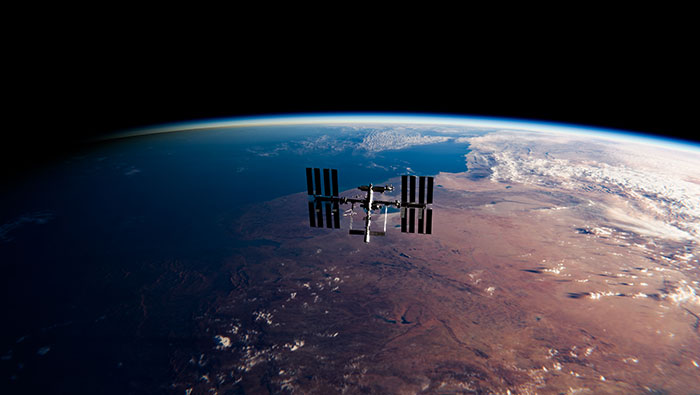
Per Aggies Ad Astra
As companies like SpaceX and Blue Origin launch a new era of commercial spaceflight, astronaut-turned-engineering-professor Stephen Robinson ’78 aims to make UC Davis a key player by establishing a new Center for Spaceflight Research this fall.
A successful spaceflight program requires many disciplines, from mathematics and computer science, all kinds of engineering and communications to social sciences, biology and medicine.
“Our campus hosts expertise in all these fields, and we have the ability and experience to combine disciplines and cross boundaries successfully,” said the four-time shuttle astronaut, who joined the faculty in 2012 after retiring from NASA. “It’s my belief that no other university in America is as well-suited to bring together the research disciplines necessary to become the nation’s premier research institution in human spaceflight.”
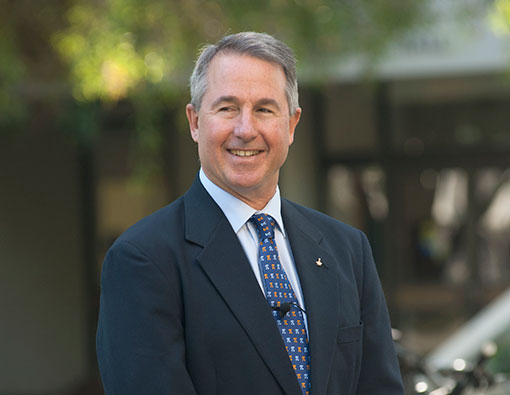
Astronaut-turned-engineering-professor Stephen Robinson leads the new Center for Spaceflight Research at UC Davis. (Gregory Urquiaga/UC Davis)
The challenges of space exploration have brought a raft of benefits that we now take for granted, Robinson said, including technological breakthroughs such as miniaturization of electronics and materials science, scientific advances in studying the Earth and the human body, and advances in systems engineering and risk analysis. Spaceflight has also had a deep influence on our culture, arts and entertainment. Yet we are only at the beginning of the spaceflight era.
“Flying things in space is very new for the human race,” Robinson said. “We still have a lot to discover and learn, and it’s risky and expensive.”
The Center for Spaceflight Research, led by Robinson, will advance interdisciplinary research, build partnerships with companies and train students for a new era of spaceflight. Organized under the UC Davis Office of Research, the new center will be an umbrella organization including: the existing HOME Space Technology Research Institute, led by Robinson and funded by a NASA grant in 2019; the Virtual NASA Specialized Center of Research for Human Capabilities Assessment for Autonomous Missions; and the research teams of Robinson and at least two other colleagues in the Department of Mechanical and Aerospace Engineering, Professor Zhaodan Kong and a new faculty member under recruitment now.
Robinson also said he hopes to draw in campus expertise from biology, medicine, social sciences, humanities and arts. “A national spaceflight program has to be for everyone,” he said.
The spaceflight community is changing rapidly with the entry of commercial companies, Robinson said.
“There’s a newly evolving model for exploring space, and students need exposure to multiple disciplines to successfully launch their careers in the field. UC Davis is very well suited to do this,” he said.

